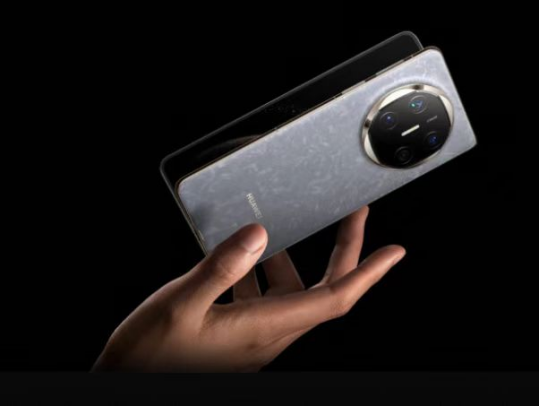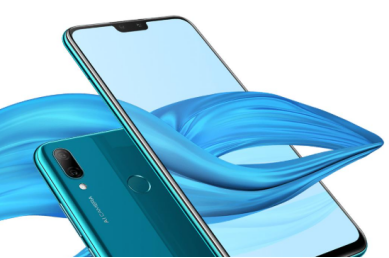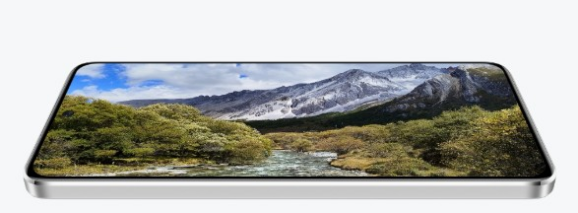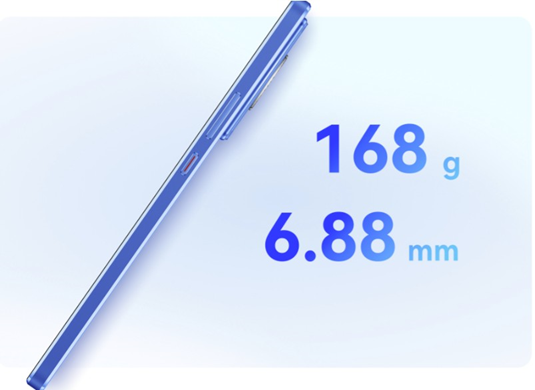Despite Apple's objection, the European Union demands the adoption of a unified shipping wire
Last Thursday, the European Union announced plans to demand the smart phone industry to adopt a unified shipping wire of mobile devices, according to Ledger Enquirer.
The European Commission- the Union's executive arm- suggested legislation that would impose the USB-C shipping cables, a technology adopted by many of the hardware makers already.
The main objector was Apple, which said it was concerned that the new rules would limit innovation, and this will eventually damage the consumers.
The iPhone comes with the company's "Lightning" charging port, although the latest models come with cables that can be connected to the USBC socket.
Certainly, this behavior from the European Union will be welcomed by millions of people suffering from the search for the appropriate cable, but also the European Union wants to reduce 11 thousand tons of electronic waste that Europeans throw every year.
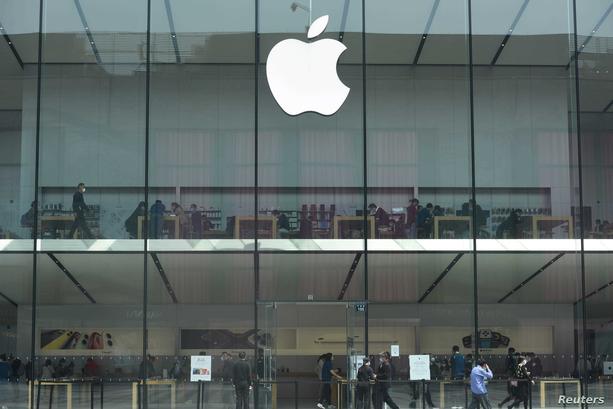
The UNHCR said that the model resident in the European Union has at least 3 chargers, and two regular charging device uses, but 38% of people reported that they were unable to charge their phones at least once because they were unable to find a compatible charger.It is reported that about 420 million mobile phones or electronic device in the European Union were sold last year 2020.
UNHCR also calls for unifying fast charging technology and giving consumers the right to choose whether they want to buy new devices with a charger or without a charger, which the European Union estimates that it will provide consumers 250 million euros (293 million dollars) annually.
Reducing waste
"The shipping devices operate all our basic electronic devices. With more and more devices, more and more unnecessary or unnecessary freight devices are sold ... we are putting an end to that," said Thierry Breton - European Union's internal market commissioner."Through our suggestion, European consumers will be able to use one charger for all their portable electronic devices, an important step to increase comfort and reduce waste."
Companies will have two years to adapt to the new rules presented by the European Commission once they enter into force.The bases will apply only to the electronic devices that are sold in 30 countries in the unified European market, but - as strict privacy regulations in the European Union - can eventually become a realistic criterion for the rest of the world.
Apple said it is sharing the European Commission to protect the environment, but it wondered whether the proposals would help consumers.
The company said - in a statement - "We are still concerned that the strict organization that imposes only one type of conductor suffocates innovation instead of encouraging it, which will in turn harm consumers in Europe and around the world."
For his part, Bretton denied that the new rules would slow innovation.He said if Apple wanted to continue to get its own plug, it would have the ability to do this.Adding - at a press conference in Brussels - that he is not against innovation, the goal is to "make the lives of our citizens easier."

